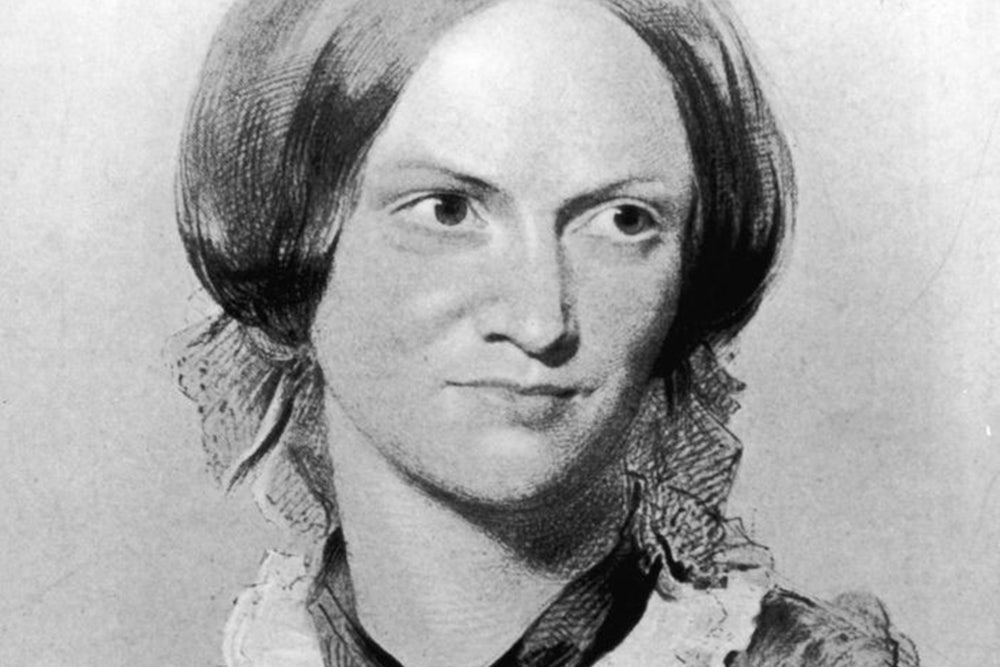Virginia Woolf, writing closer to Brontë’s 100th birthday, said the difference between male and female genius was the man’s enviable lack of rancor. The poetry of Shakespeare, she wrote, “flows from him free and unimpeded,” because he has no cause for protest, no desire to “make the world the witness of some hardship or grievance.” The woman, in contrast, writes from a position of anger and indignity, having been reminded, time and time again, that the world is not only indifferent to her work, but actively hostile to it. This can only cripple her art: “Her books will be deformed and twisted. She will write in a rage where she should write calmly. She will write foolishly where she should write wisely.” Woolf’s example? A passage from Jane Eyre in which Jane bemoans the narrow lot that has been assigned to women. “Nobody knows,” Brontë writes, “how many rebellions ferment in the masses of life which people earth.”
But tastes and standards change. We no longer expect the author to be at a god-like remove—“invisible, refined out of existence, indifferent, paring his fingernails,” as Joyce put it. And it is precisely Brontë’s rage, which still scorches the page two centuries after her birth, that many contemporary readers find so appealing. It is present at the very beginning of Jane Eyre, in her heroine being unjustly punished to solitary confinement in the “red-room” after being assaulted by a boy tormentor—a setting that is not only symbolic of the character’s ire, but suggestive of the awesome color of Brontë’s mind.
